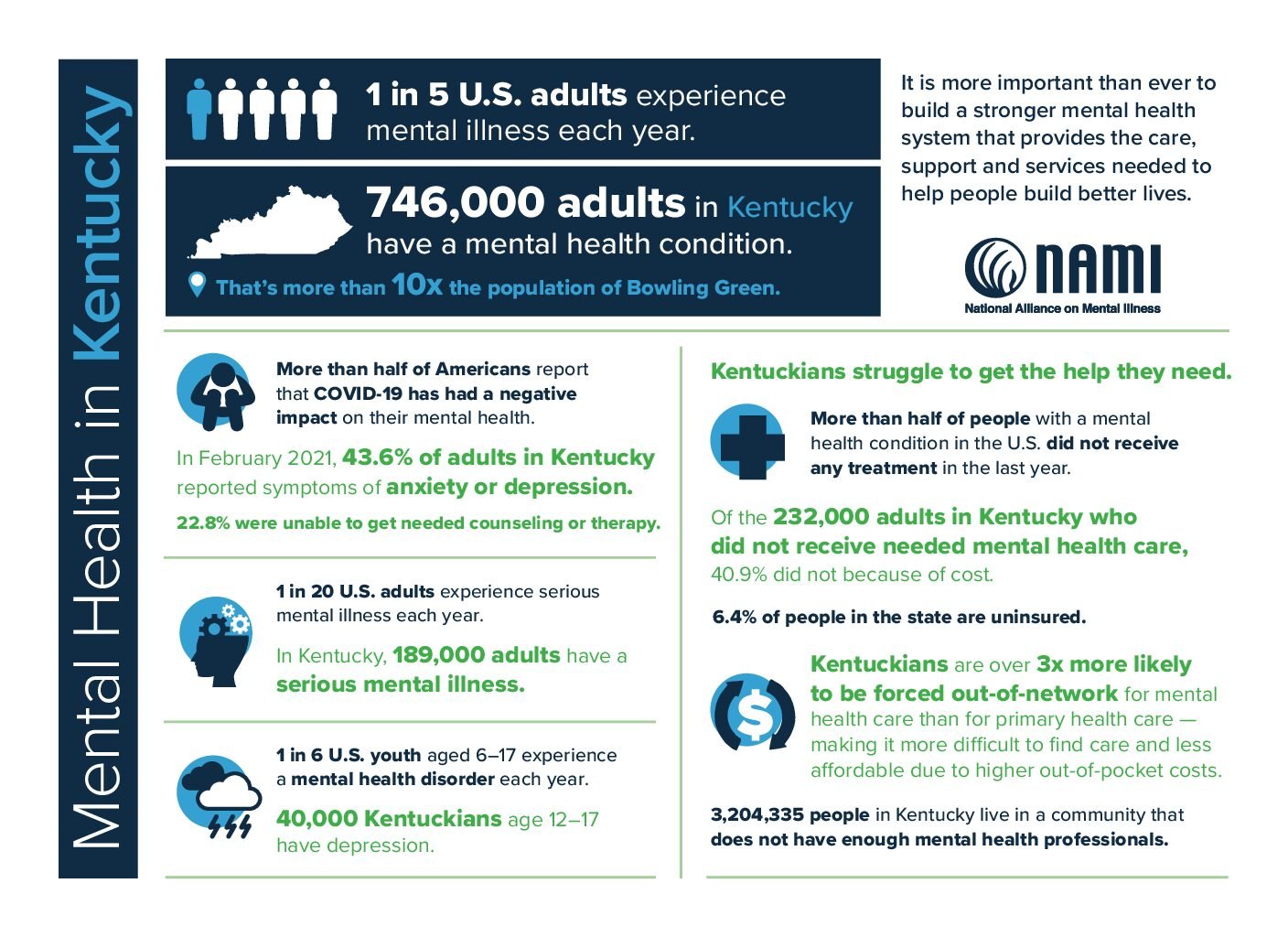Imagine a world where:
- Kids did not have unfettered access to the Internet
- Our children were safe from online predators
- Parents weren’t constantly monitoring children’s screen time
- Algorithms did not influence children’s minds
- Social media was uncool
- Smartphones were the exception, not the norm
- Teachers could teach without the distraction of cell phones
This world is possible! Hope is rising, and you are invited to be a participant in this conversation.
A group of concerned parents, grandparents, educators, a pastor and his wife, and directors from two local non-profits focusing on teens met last week to gain education on three topics:
- Current state of affairs including the rise of mental illness, adolescent and teen brain development, the behavior and actions of tech companies, and legislation that protects children
- Concrete solutions and resources
- Invitation to take collective action
The Current State of Affairs
Please review the following statistics:
- 62% of people ages 18-29 report being online “almost constantly” Pew Research, 2024
- Teens report spending more than seven hours a day on screen based leisure activities (not including school or homework). Haidt, p. 139
- An average American teen spends 4.8 hours on social media per day (includes YouTube, TikTok, Instagram, Facebook and Twitter) Gallup, 2023.
- 11-17 year olds spend a median of 4.5 hours/day on their phones (Common Sense Media, 2023)
- 57% of Americans describe themselves as being addicted to their phones.
The amount of time spent gaming, on social media apps, or online means opportunity costs. What else could your child or teen be doing?
1 hour of screentime/day is 15 days/year or 6% of a lifetime (doesn’t include sleeping hours)
5 hours of screentime/day is 76 days/year or 30% of awake hours.
These opportunity costs are staggering. What are these young people missing? Life experience. “Smartphones are experience blockers” Haidt.
Jonathan Haidt, in his best-selling book The Anxious Generation: How the Great Rewiring of Childhood Is Causing an Epidemic of Mental Illness, conveys a plausible explanation for the rise in anxiety, suicide attempts, emergency room visits, and more during the years 2010-2015. These spikes coincide with the maturation of Generation Z (born between the years 1997-2012). This cohort was the first generation to interact with a smart phone and to have unlimited data usage, front facing cameras for selfies, the like button, retweet options, and more.
For reference, the following is a short timeline of technology as it pertains to this conversation:
- 2007- First iPhone
- 2008- First Android
- 2009- Twitter adds retweet option, Facebook launches “like” button
- 2010- First front facing camera for selfies, Instagram and iPads become available
- 2011- Snapchat
- 2012- Pinterest, Facebook buys Instagram for $1 billion.
- 2016- Instagram offers stories (to compete with Snapchat)
- 2016- TikTok becomes available in the US
- 2018- TikTok becomes the #1 downloaded app in the US.
- 2024- TikTok is the most downloaded mobile app worldwide. It generates 825.5 million
downloads in 2024.
- 2025- The current value of Meta, which owns Facebook and Instagram, is $1.3 trillion
The rapid pace of technology has outpaced our ability to distinguish between benefit and harm for our young people. I would suggest moments of truth are here if we are willing to pay attention.
What can you do right now? Read Haidt’s book “The Anxious Generation.” Educate yourself on current legislation to protect our children. Talk with family members and friends. Evaluate your own screen usage. (A friend shared a screenshot of a playdate her grandkids were having at a nearby playground. All parents in the background were on their cell phones.)
In closing, US Surgeon General Vivek Murthy stated, “We are in the middle of a national youth mental health crisis, and I am concerned that social media is an important driver of that crisis- one that we must urgently address.”
Time is wasting.
Note: I have relied heavily on the work of Jonathan Haidt and Catherine Price, award winning journalist, speaker and author of topics about kids, fun, and technology. I invite you to refer to her YouTube presentation entitled Kids, Smartphones and Social Media: The Risks and the Solutions.
You are invited to an upcoming Anxious Generation community conversation on Tuesday, May 6, 2025 at the Presbyterian Church, 100 S. Main Street (across from the Library) from 5-6:15 p.m. For more information, contact annshodge@gmail.com.
***
Ann Hodge is a wife, mother of six, and grandmother of five who is a member of a small group called the Bookies that meet on an irregular basis to discuss great books and literature.




























